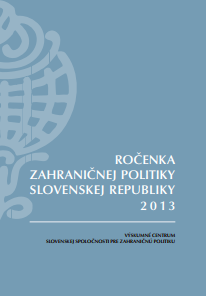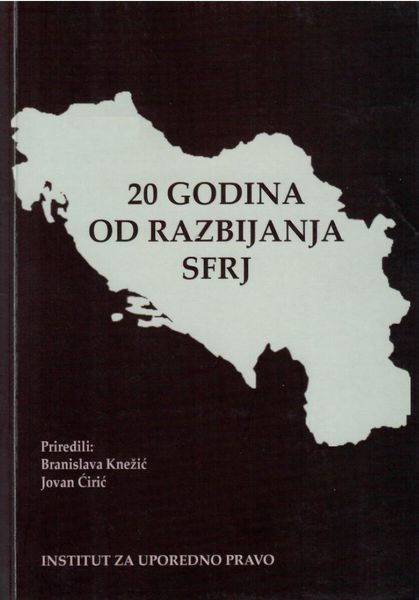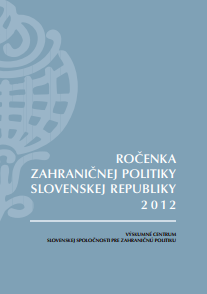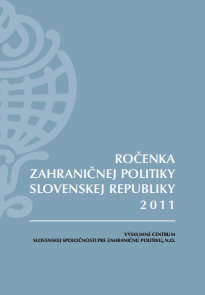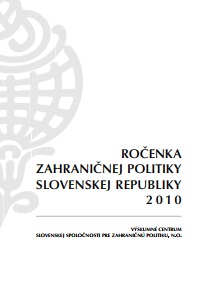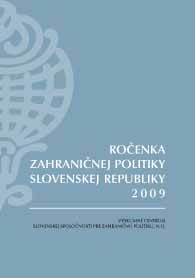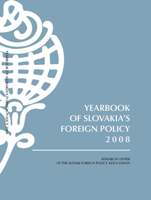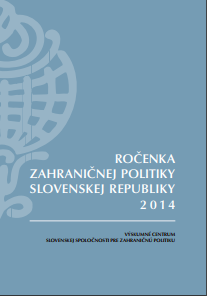
Ukrajina ako spúšťač existenciálnej krízy V4? Ďalšiu otázku, prosím!
Vyšehradská štvorka zastávala v roku 2014 obzvlášť významné postavenie v zahraničnej a európskej politike Slovenska. Kríza na Ukrajine podnietila predstaviteľov krajín V4 na mnohé aktivity nad rámec tradične plánovaných stretnutí a samitov. Hoci na úrovni V4 sa prijímali vyhlásenia deklarujúce spoločný postup, dizonancie vo vyjadreniach niektorých politických predstaviteľov jednotlivých krajín vyvolávali určité otázniky nad perspektívou spolupráce vo formáte V4 v ďalšom období. Viacerí politickí analytici či publicisti vo všetkých štyroch krajinách i mimo nich na základe týchto dizonancií začali hovoriť o existenciálnej kríze vyšehradskej skupiny – vo svetle deklarácií a stanovísk prijatých na politickej úrovni, ako aj ďalších dokumentov, na ktorých bazíruje tento text, však nebol tento trend badateľný. Do popredia tak opäť vystúpila otázka posilňovania vnútornej súdržnosti V4, aj vo vzťahu k rozširovaniu spolupráce o stále ďalšie krajiny vo formáte V4+.
More...
